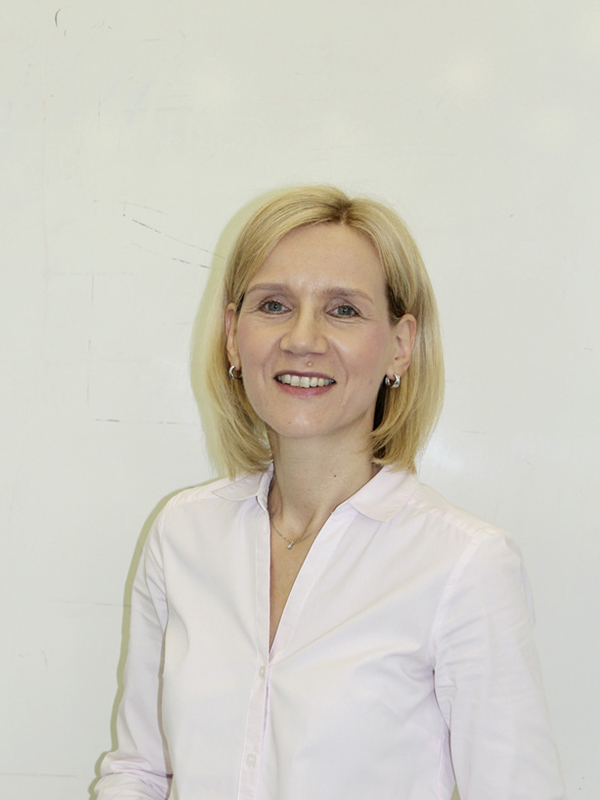Microeconomics
A professor in Germany
Jutta Günther, 51, is a professor of economics at Bremen University, in north-west Germany. She worked as an assistant pharmacist before going to university, studying for her doctorate and going on to work as a researcher at the Institute for Economic Research in Halle. She formally qualified for her professorship in Jena, central Germany. Since April 2014 she has taught in Bremen, where she lives with her husband in a rented apartment.

Earnings, basic costs, provisions for old age
Günther earns a gross salary of €6,430 (£5,750) a month, and pays €2,130 tax. She sometimes gives external lectures and sits on ministerial advisory panels to decide how research funds should be allocated, which brings in an extra of €100 a month net on average. As a civil servant under German law, she does not have to pay social security contributions. Her private pension scheme costs €250 a month and her private health insurance another €350. She pays €850 rent and electricity, internet, landline and mobile phone bills come to about €100. Her car costs her €250 a month. She pays €40 to use a gym and the same again in club memberships.
What does work mean to you?
What I particularly value about my work is that it allows me to be creative. There are no limits in the research world. I see that as a privilege – my profession is my passion.
What is the most important thing in your life?
Treating one another with respect, even if the other person’s views do not match your own.
What would you like to change about your life?
I have already changed many things. I worked for eight years, then decided to study economics and sociology at university. Back then I never thought I, too, could be a professor one day. But now I feel I have arrived. I would like more pauses in my daily life, to give me time to reflect and to gain fresh energy. Apart from that, I’d like to go on like this.
What are your biggest problems and how do you deal with them?
Not having enough time. When colleagues ask if I would like to take on a new research project, I often have to say no. I generally work more than 40 hours a week and it’s not uncommon for me to work 60 hours.
How do you give yourself a special treat?
I spend a few days by the Baltic Sea with my husband. We take newspapers down to the beach, read the articles in peace for a change and talk about them.
What do you expect from the future and what are you doing to make it happen?
My wish is that the academic world will be braver about diversity. There are not enough women working in research in Germany, or foreigners or people from working-class backgrounds. That’s why I am on the advisory board of an initiative aimed at creating greater diversity in the research world.
Germany
Population: 82.7 million
Currency: euro
GDP per capita: €39,649 (£35,460)
Human Development Index (2018): ranked 5th of 188
Current average costs
Federal research spending (2017): €17.2bn (£15.4bn)
Monthly gym membership fee: €44 (£39.40)
One night in a holiday flat on the Baltic: €92 (£82)
Cost of a weekly magazine: €5.10 (£4.60)
1 litre of petrol: €1.41 (£1.26)